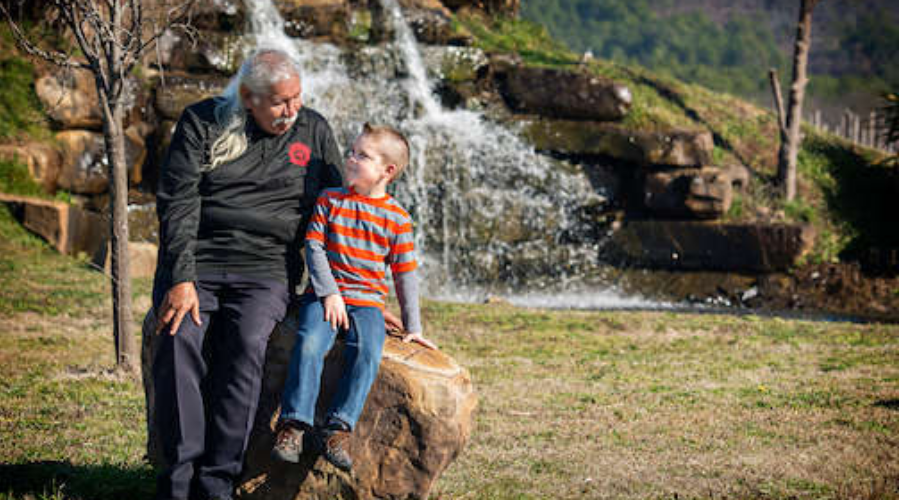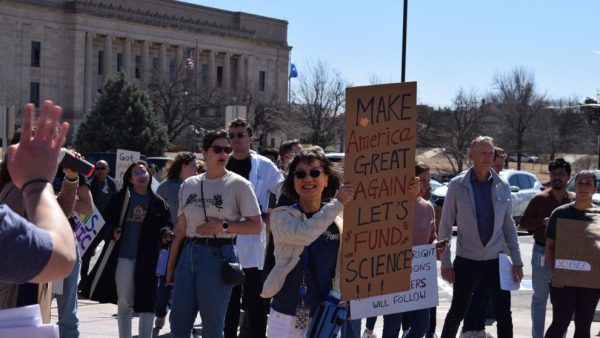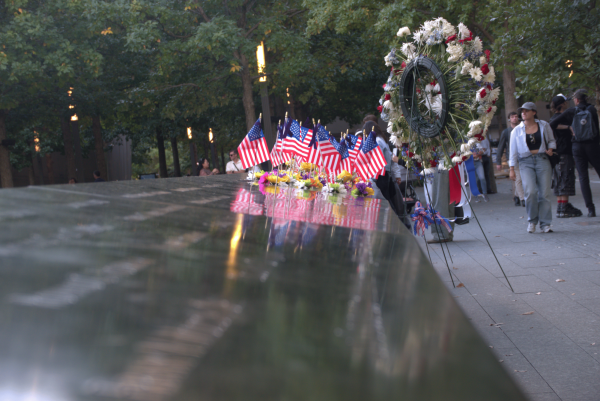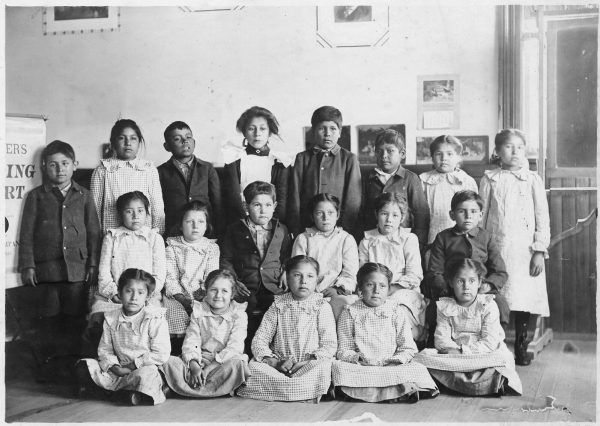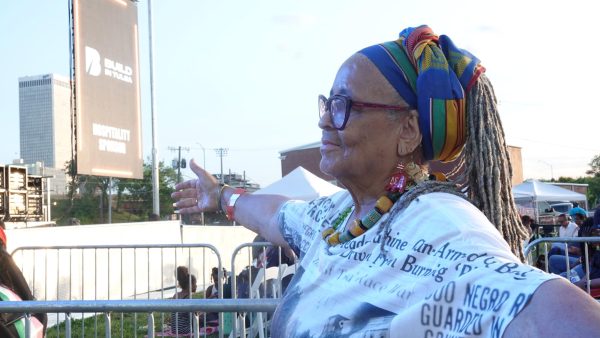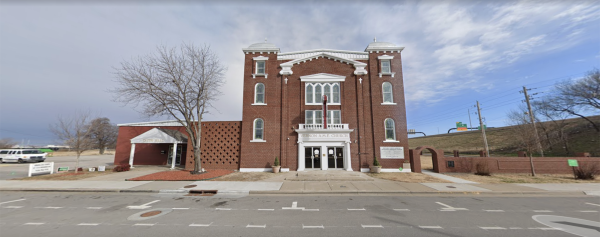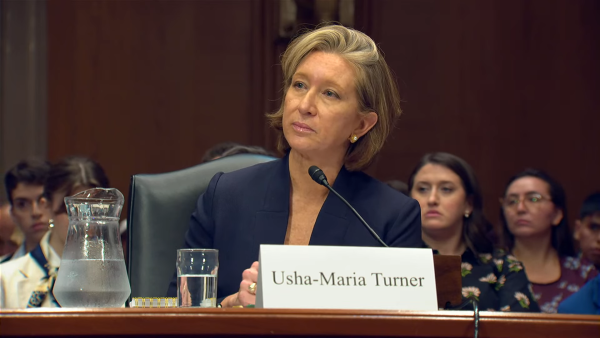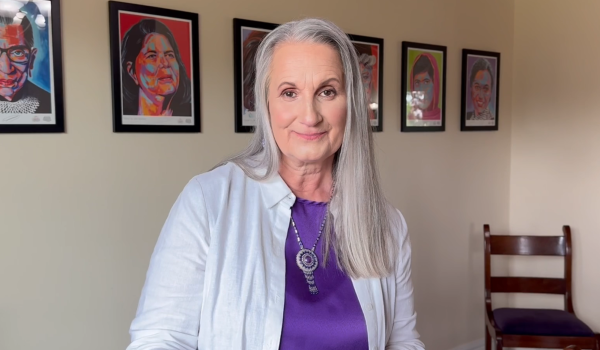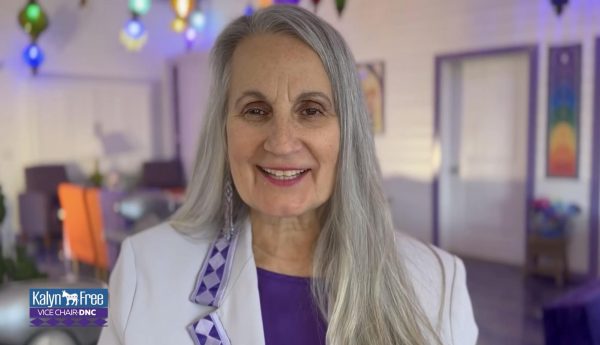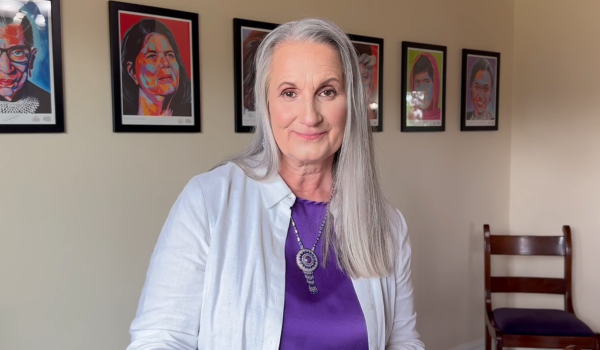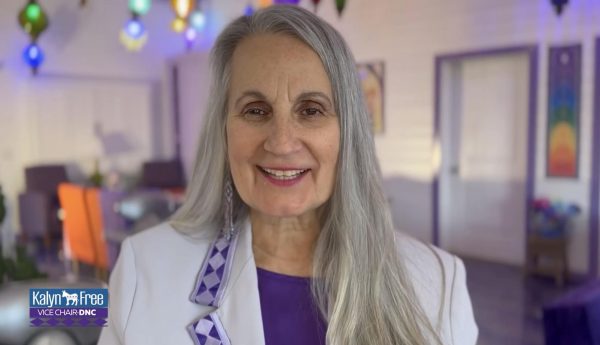Oklahoma tribes making plans to use American Rescue Plan funds in Native language programs
Tribal leaders across Oklahoma say they are looking forward to seeing how American Rescue Plan funds for language preservation are distributed.
“We could use the money, whether it be making more programming for our kids, puppet shows, things like that,” said Justin Neely, director of language for the Citizen Potawatomi Nation.
“Or maybe doing something with remote learning. There’s a lot of different ways that we could use that money to just enhance our delivery of language. I’d love to make a video game in Potawatomi — I’d love to make an app in Potawatomi.”
Jillian Curtis, director of the Indian Health Service’s office of finance and accounting, said during a telephone call with journalists that they expect to begin allocations soon, but the first step is consulting each tribe to find out how they want the money distributed.
Rebecca Risenhoover, Cheyenne and Arapaho language director, said she and Arapaho Lead Apprentice James Sleeper are already thinking of ways to use the ARP money in their language program. She said they are unique in that they teach two separate languages: Cheyenne and Arapaho.
Risenhoover said they plan to hire new apprentices to “generate new conversationally, fluent speakers.”
“In order to have learners, we have to have speakers. In order to have teachers, we have to have speakers,” Sleeper said. “And then there’s equipment too, like our elders need Internet. They need recorders so they can record themselves.”
“I think it’s just nice to finally be recognized that we (all Native Nations) have different languages,” Risenhoover said. “And it’s important to each tribe that they continue with their languages. English shouldn’t always be that first language for anybody, especially for Natives.”
Risenhoover said the funds could help smaller tribes establish language programs and get started on their own efforts to preserve, revive and maintain their languages.
“This country’s policies towards Native American people have taken away our languages,” Sleeper said. “Our cultures are suffering because of their policies. And now they’re helping us get our languages back.”
Tribal nations have had to scramble to keep language classes operational amid the back-and-forth of public school instruction and other complications from COVID-19. Some tribes including the Choctaw Nation have conducted virtual classes.
The Shawnee tribe declared 2020 the Year of the Shawnee Language, and went a step further and made the years 2021-2030 the decade of the Shawnee language. Out of that came the Community Language Preservationist (CLP) Program, created to generate speakers and teachers, said Shawnee Language Department Director Joel Barnes.
The tribe has established a budget for a 10-year language teaching curriculum and increased its staff to five people which includes a first language speaker, a linguist and curriculum development specialists.
“These are efforts to not just elevate the conversation about Shawnee language, but also to affirm UNESCO’s initiative of their International Year of Indigenous Languages as well as the upcoming International Decade of Indigenous Languages,” Shawnee Chief Ben Barnes said.
“We’re spending more than $40 per year for every enrolled citizen of the Shawnee tribe on language,” Chief Barnes said. “We’re spending more per tribal citizen than perhaps any other tribe in the nation that we pledge for our citizens. That’s how serious we take language preservation.”
Gaylord News is a reporting project of the University of Oklahoma Gaylord College of Journalism and Mass Communication. For more stories from Gaylord News, visit GaylordNews.net.

